Is An SUV Considered A Truck?
The automotive industry has undergone remarkable changes, offering consumers a wide variety of vehicles to suit their tastes and needs Within this variety, the distinction between a sport utility vehicle (SUV) and a truck tends to be what is confusing. While these cars share some characteristics, they have some unique features that set them apart. So, the question arises: Is an SUV mounted on a truck?
To unpack this question, it becomes important to examine the definitions of existence, characteristics and purpose of SUVs and trucks. A broader understanding comes by exploring the similarities and differences between these vehicles. Not only does this help consumers make informed choices, but it also enriches the knowledge of automotive enthusiasts, providing a clearer definition of the role each vehicle plays in today’s automotive landscape.
Defining SUVs and Trucks
At first examination, the distinction between an SUV and a truck appears to be a simple one based on intended purposes. However, automotive design continues to evolve with manufacturers pushing boundaries, introducing new vehicles that challenge traditional classifications.
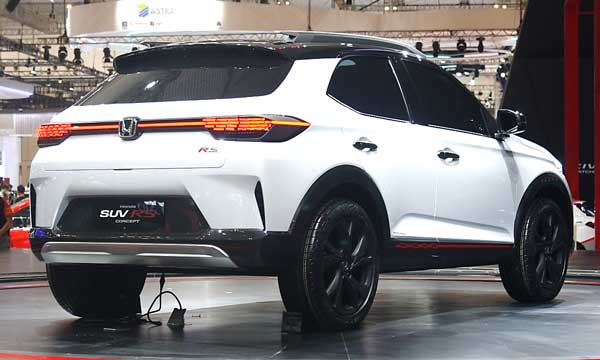
The SUVs are short for sporty vehicles, with a focus on sports and utility vehicles. Typically employing a single body design, they exhibit flexibility, seamlessly blending passenger comfort and cargo capacity. By offering higher seats, SUVs improve visibility on the road. Popular models such as the Ford Explorer, Toyota RAV4 and Honda CR-V are extensive examples of the appeal and offerings in the SUV category.
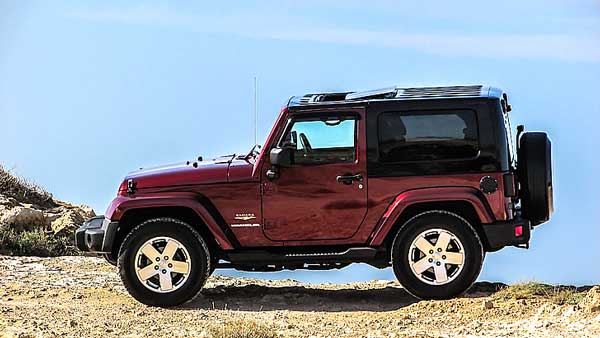
Trucks, by contrast, are designed primarily to tow and haul. With body-on-frame construction of distinctive chassis and body, the trucks span a spectrum of sizes from agile compacts to sturdy heavy-duty pickups Recognizable by their flat beds or enclosed cargo areas, Ford F-150, Chevrolet Silverado, Ram 1500 etc. The trucks embody the logo associated with this class of vehicles.
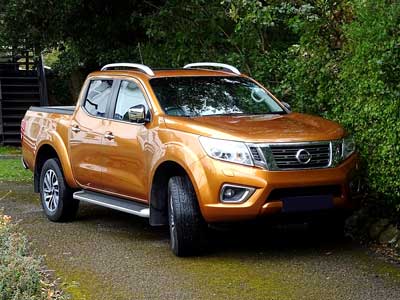
As automakers redefine conventions, the lines between SUVs and trucks are becoming increasingly complex, reflecting an ever-changing industry, where innovation blurs traditional distinctions.
The Blurring Lines
Recent years have shown a remarkable growth in the automotive industry when once the distinct boundaries between SUVs and trucks were more blurred This shift is characterized by changing characteristics, which now SUV types mimic the strong towing capacity and maneuvering dexterity typically associated with trucks in contrast, trucks have made a paradigm shift with design and comfort features reminiscent of SUVs added to meet a wide variety of consumer demands for business and everyday life.
One of the most important players in this confluence is the increasingly popular crossover SUVs. These vehicles encapsulate the strengths of traditional SUVs and passenger cars, featuring SUV-like unibody architecture but with a design ethos that leans towards a more car-like aesthetic, with models such as the Nissan Rogue and Subaru Outback exemplify this characteristic as defining an SUV or truck Established assumptions are challenged. As the automotive landscape continues to evolve, these matching attributes are changing consumer expectations and redefining what matters in automotive segmentation.
Towing Capacity and Payload
Differentiating trucks and SUVs based on towing capacity and practical features has long been a defining feature. Trucks, because of their stiffened bodywork, excel in handling larger loads. Powerful engines and strong suspension systems are natural features, making them adept at towing trailers, boats and large loads. This complex system caters to the needs of various industries as well as the needs of enthusiasts and high-demand vehicles.
SUVs, by contrast, have traditionally lagged behind in towing, prioritizing passenger comfort and urban capabilities. In recent years, however, changes have taken place. Many SUVs of both midsize and large sizes have improved and now rival trucks in terms of towing capacity. These developments are exemplified by models such as the Chevrolet Tahoe and Ford Expedition, which blur the distinction between the two vehicle types. These SUVs not only offer impressive towing capacity but also look comfortable and spacious. These overlaps underscore a broader trend in the automotive industry, where SUVs are increasingly challenging traditional trucks for heavy duty.
Off-Road Capabilities
Off-road capability has become a feature of trucks, especially the iconic Jeep Wrangler and Toyota Land Cruiser for example. Known for their ruggedness and powerful four-wheel drive, the trucks dominated off-road terrain. The off-road scene is evolving, however, and is witnessing dramatic changes as the popularity of off-road SUVs increases. Models like the Jeep Grand Cherokee and Land Rover Defender are reflecting a paradigm shift, challenging the traditional notion that trucks alone excel in off-road transportation.
These modern SUVs have cutting-edge features like advanced four-wheel drive systems, strategically placed skid plates, special suspension setups etc. The combination of these technologies not only enhances off-road prowess but also redefines the capabilities of SUVs, Bridging the gap between the rugged utility of trucks and the comfort of traditional SUVs As consumer preferences evolve, the market is responding by offering a mix of off-road vehicles and everyday utility vehicles, allowing road manufacturers to build conventional trucks use the right. outside the field is open to a wide variety of interests.
Fuel Efficiency and Everyday Use
Historically, SUVs were more scrutinized for their perceived fuel efficiency than smaller, less fuel-efficient cars. But recent advances in automotive technology have led to fuel-efficient SUVs, challenging traditional criticisms. This shift is particularly evident in the compact and compact SUV segment, where manufacturers have successfully blended the demand for SUVs with versatility and improved fuel economy Such growth this caters to the growing consumer demand for a spacious and practical SUV that does not compromise on environmental considerations.
Similarly, trucks, especially full-size pickups known for their powerful but fuel-thirsty engines, struggled with performance stigmas. The automotive industry responded with the introduction of hybrid electric trucks, signaling a major shift towards sustainability. By doing so, manufacturers aim to break with the historical notion of trucks as gas consumers and position them as viable options for everyday commuting when environmentalists are interested in. This paradigm shift underscores the industry’s commitment to aligning consumption with environmental responsibility.
The Rise of the “Truck-Like” SUV
In response to changing consumer preferences, automakers are making changes to meet the demand for more versatile and rugged vehicles. A striking feature of this trend is the rise of truck-like” SUVs, defined by models such as the Chevrolet Suburban, Ford Expedition, etc. These SUVs subtly blend luxury of traditional SUVs are truck-rugged sides, where strong It has body-on-frame construction, powerful engines and a spacious interior.
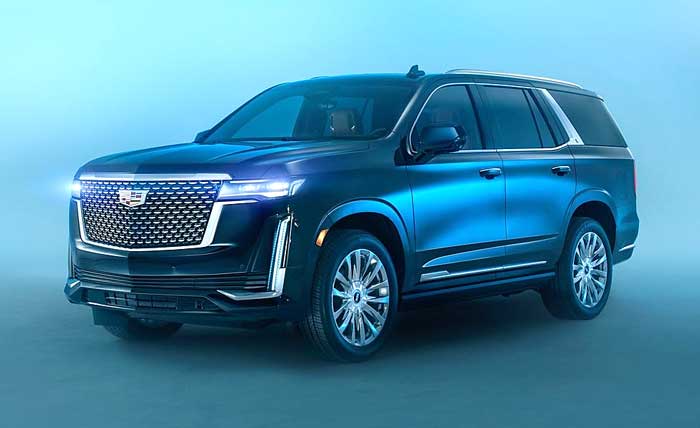
Photo: Cadillac Escalade
Beyond SUVs, these vehicles redefine versatility by aligning great with traditional truck capabilities This development underscores the auto industry’s commitment to innovation, while seeking to seamlessly marry the best of both worlds each, creating a new car with a different terrain of customer preferences It guides effortlessly.
Blurring Lines Between Traditional SUVs and Trucks
In response to the dynamic environment desired by consumers, automakers are aggressively engaged in transformation to meet the growing demand for versatile and complex vehicles One obvious aspect of this trend along with this trend is the increasing popularity of “truck-like” SUVs it became apparent that these SUVs artfully combine the visual appeal of traditional SUVs with the ruggedness of trucks, including ho with solid body-on-frame construction, powerful engines and spacious interiors while maintaining the outward appearance of SUVs, these vehicles in traditional trucks redefine many features by on the more genetically compatible are enhanced abilities.
This development highlights the automotive industry’s unwavering commitment to innovation, as it seeks to seamlessly combine the best qualities of both industries with results and effortless vehicle innovation each to consume more areas of customer preference. This strategic approach reflects a strong understanding of the evolving needs of consumers, reflecting a significant shift in the automotive landscape to vehicles that not only meet the diverse needs of today’s market, and rather it expects and exceeds.

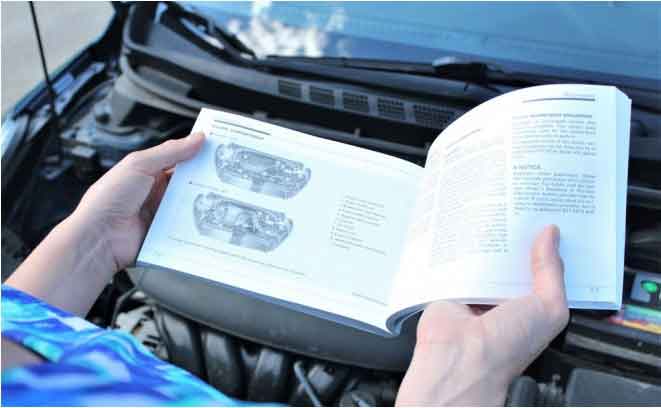

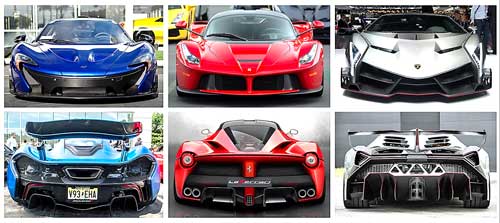
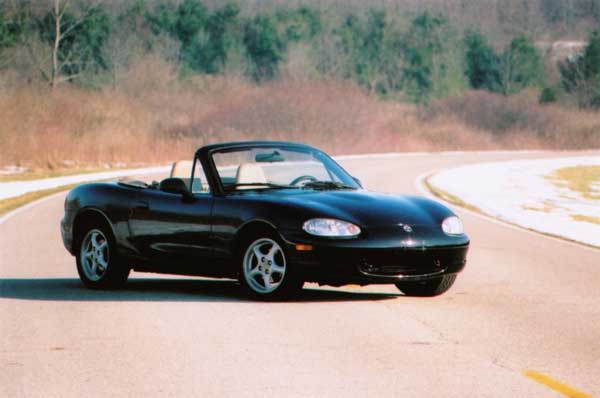
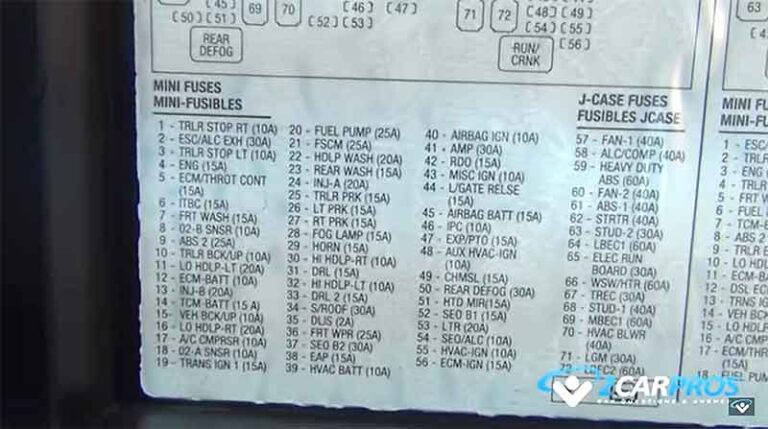
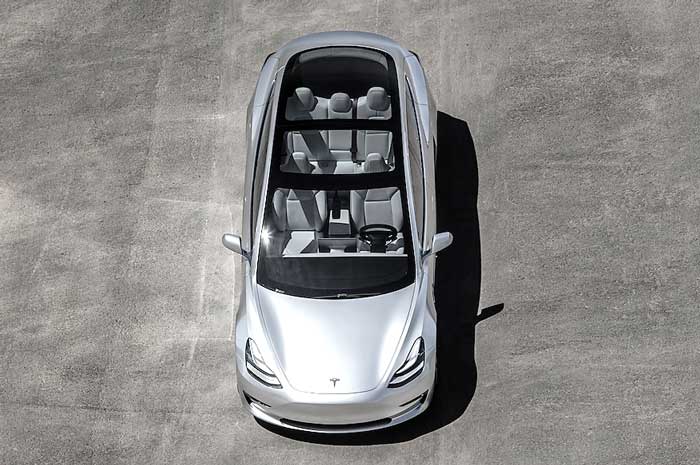
One Comment